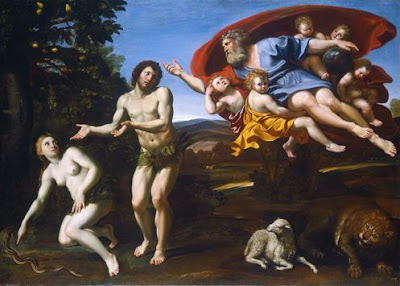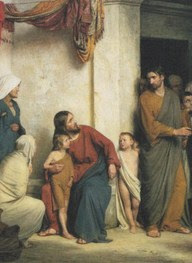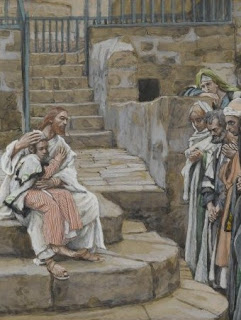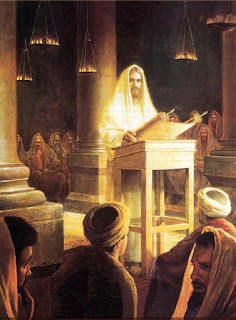TOB Tuesday: The Effects of Sin on Men, Women and Marriage

The Rebuke of Adam and Eve , Domenichino, 1626. Editor's note: Each Tuesday we will feature posts discussing Saint John Paul the Great's Theology of the Body; his reflection on our nature and life as persons made in the image and likeness of God, conjugal love, the meaning of celibacy, and the eternal beatitude to which every human being is called. ____________________________________________________ Those in the teaching profession are most certainly familiar with the concept of "natural consequences." The same idea is found in Sacred Scripture. When Adam and Eve disobeyed God’s command to not eat of the forbidden fruit, all hell broke loose, quite literally. In " Why Satan Hates the Ascension of Christ " we wrote: "Satan’s lie in the garden condemned humanity to lives of sin, drudgery and inexorable physical death. Prior to the Fall, the created world and everything in it functioned precisely as God intended. It was in short, Paradise. W




